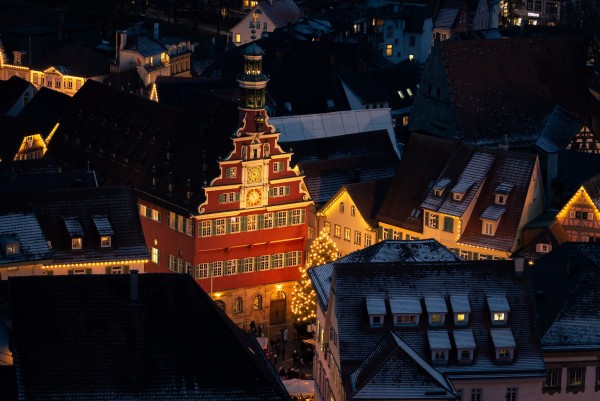德国旅行书单推荐英文
Embarking on a journey through Germany is like stepping into a living history book, where each chapter unfolds with a rich tapestry of cultural heritage, architectural marvels, and scenic beauty. To enhance your travel experience, a well-curated list of books can serve as your intellectual companion, offering insights and narratives that bring the German landscape to life. Here are some engrossing reads that every seasoned traveler or newcomer to Germany should consider adding to their itinerary.
For those who appreciate the blend of history and travelogue, "Berlin: The Story of a City" by Rory MacLean is an excellent starting point. This book traces the evolution of Berlin from its inception to the present day, providing a deeply personal account of the city's triumphs and tribulations. MacLean's narrative is both informative and evocative, allowing readers to understand the soul of the city through its past and present.
Architecture enthusiasts will find "The Architecture of Berlin" by Jürgen Krusche to be an indispensable guide. Krusche delves into the architectural history of Berlin, showcasing the diverse styles that define the cityscape. From the neoclassical buildings of the 19th century to the modernist structures of the 20th, this book offers a comprehensive overview of Berlin's architectural evolution.
Venturing beyond Berlin, "The Rhine: River of Europe" by Raymond Harris-Thomson provides a captivating exploration of one of Europe's most storied rivers. Flowing through Germany, the Rhine is not only a natural wonder but also a historical artery that has witnessed the rise and fall of empires. Harris-Thomson's book is an engaging mix of travel writing and historical narrative, perfect for those who wish to understand the cultural and ecological significance of this majestic river.
For literature lovers, "The Magic Mountain" by Thomas Mann is a must-read. Set in a Swiss sanatorium, this novel captures the intellectual and emotional turmoil of Europe on the brink of World War I. While not explicitly about Germany, Mann's profound insights into the human condition and the political climate of the early 20th century offer a poignant backdrop for travelers interested in the historical context of the period.
No exploration of Germany is complete without delving into its literary classics. "The Sorrows of Young Werther" by Johann Wolfgang von Goethe is a timeless work that captures the essence of the Sturm und Drang movement. This novel, set in the picturesque region of the Rhineland, provides a window into the romantic sensibilities that have shaped German literature and culture.
For a more contemporary perspective, "The Berlin Novels" by Christa Wolf offer a critical examination of East German society under the Communist regime. Wolf's works are deeply personal and political, providing an intimate look at life in East Berlin during the Cold War era.
Nature lovers will appreciate "The German Nature Guide" by John B. Free. This book is an extensive guide to Germany's natural wonders, from the Black Forest to the Bavarian Alps. Free's detailed descriptions and practical advice make it an ideal companion for those who wish to explore Germany's diverse ecosystems and outdoor activities.
Finally, for those interested in the culinary side of German culture, "Food & Culture in Germany" by Ursula Heinzelmann is a delightful read. Heinzelmann explores the regional cuisines of Germany, offering insights into the country's rich gastronomic heritage. From the hearty dishes of Bavaria to the lighter fare of the north, this book is a feast for the senses and a treasure trove of culinary knowledge.
These books are more than just guides; they are gateways to understanding the depth and breadth of the German experience. As you journey through Germany, let these narratives enrich your travels, providing a deeper connection to the places you visit and the people you meet.













